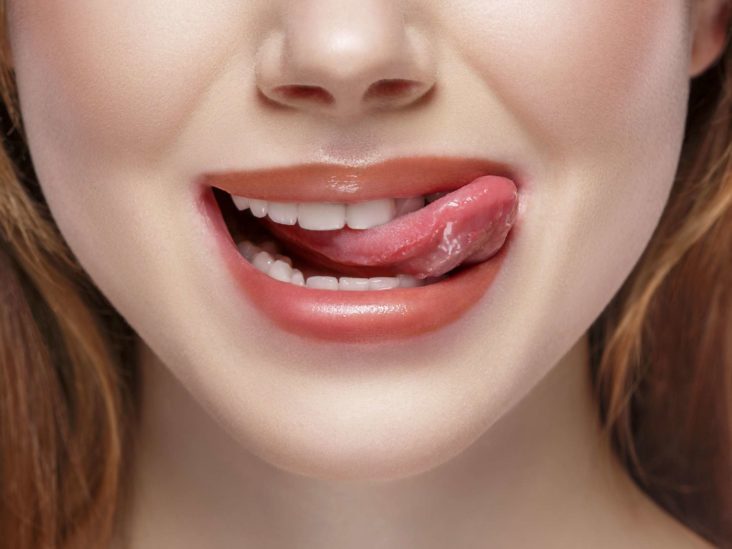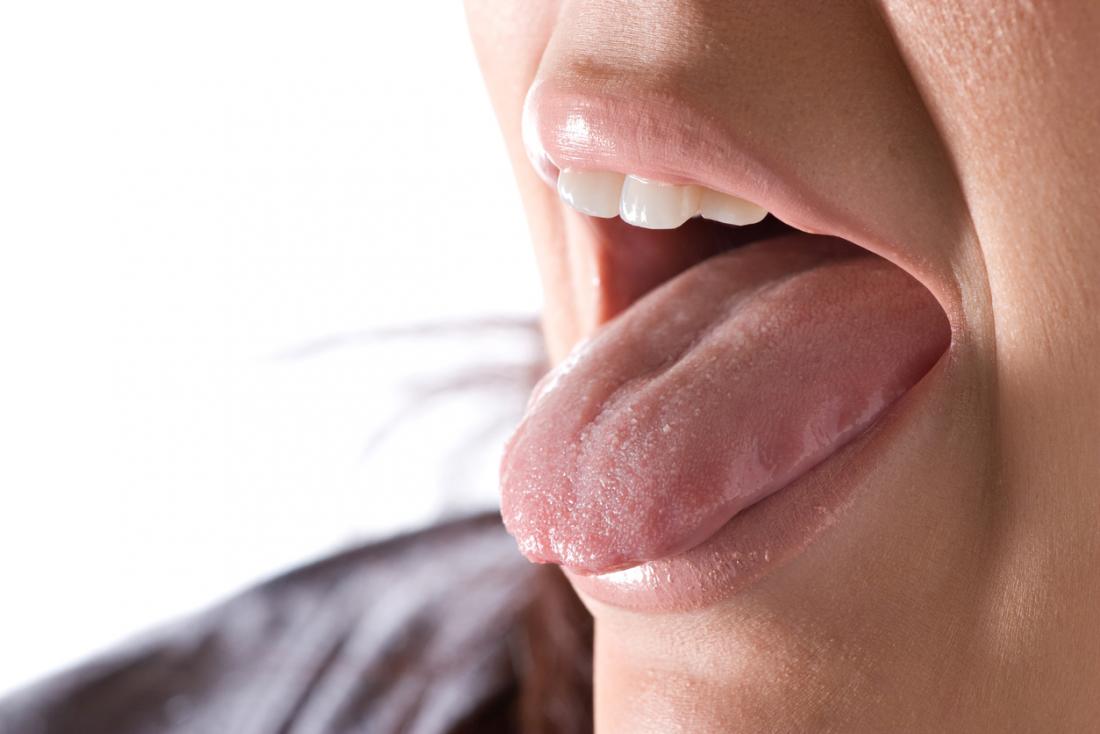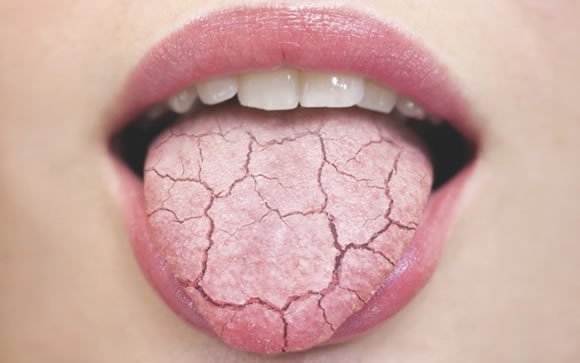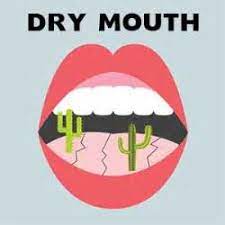can you naturally treat dry mouth
Why Is My Mouth Dry When I Wake Up
Dry mouth, medically known as xerostomia, is the condition of having a chronically dry mouth. According to the National Institute of Dental and Craniofacial Research, an estimated 20% of Americans suffer from xerostomia. While dry mouth can be a temporary side effect of medication or illness, it can also be a chronic condition caused by a variety of factors. Dry mouth can cause difficulty speaking, eating, and swallowing. It can also lead to cracked lips, gum disease, and tooth decay. Dry mouth is more than just a nuisance; it's a serious medical condition that should not be ignored. There are many reasons why your mouth might be always dry, but some of the most common include dehydration, Sjögren's syndrome, sleep apnea, and certain medications. Luckily, there are several effective measures you can take to combat dry mouth. These include drinking plenty of fluids, using saliva substitutes, and avoiding tobacco products. If you are suffering from dry mouth, talk to your doctor about what treatments might be right for you.

natural remedies for extreme dry mouth
- Suck on ice chips: This can help to moisten the mouth and provide relief from dryness.
What to Use for Dry Mouth
Dry mouth, additionally referred to as xerostomia, is a problem that can trigger a lot of discomfort. It happens when the salivary glands in the mouth do not produce adequate saliva. This can take place for a range of factors, consisting of specific medicines. Dry mouth is a common adverse effects of numerous medicines, both prescription as well as non-prescription. A few of the most usual offenders are antihistamines, decongestants, painkillers, and antidepressants. Dry mouth can likewise be caused by other medical conditions, such as diabetes mellitus, Sjogren's disorder, as well as rheumatoid joint inflammation. Treatment for dry mouth depends on the underlying cause. If the cause is a drug, your doctor may be able to switch you to a various medication. If the cause is a medical problem, there are various treatments that can help reduce the signs of completely dry mouth. Consuming plenty of liquids, sucking on sugar-free candy, and also utilizing fabricated saliva products can all help to eliminate completely dry mouth?


natural remedies for dry mouth and throat
18. Treatment For Dry Mouth
Waking up With Dry Mouth
When your mind is regularly racing and you're stressed over whatever from the past, existing as well as future, it is difficult to relax sufficient to sleep. This absence of relaxation can dry out your mouth and also leave you feeling blistered all evening long. If you're battling with dry mouth during the night, there are a couple of things you can do to assist alleviate the signs.

best natural remedies for dry mouth
13. Covid Dry Mouth Treatment
Why Is My Mouth So Dry at Night
1. Why Is My Mouth Dry Even Though I Consume Alcohol Alot Of Water

How Can I Increase Saliva In My Mouth?
Sucking and chewing both encourage salivation.
Consider ice pops or ice cubes without sugar.
Gum without sugar or hard candies without sugar that contains xylitol.
Try drymouthpro oral rinse. It helps to increase saliva production.
What Foods Help With Dry Mouth?
Soft natural foods like soups, canned fruits, soft cooked/blended veggies like carrots or celery, mashed potatoes, soft-cooked pasta, oats, ice cream, pudding, and popsicles are other examples of soft foods that are beneficial for those with dry mouth.
How Do You Get Rid Of Dry Mouth?
To increase saliva production, chew sugar-free gum or savor sugar-free hard candies.
Reduce your caffeine intake because it can dry up your mouth.
Alcohol-containing mouthwashes should not be used as they can be drying.
If you chew tobacco or if you smoke, stop immediately.
Drink water frequently. Use DrymouthPro oral rinse, it is the most effective remedy.
How Do You Get Rid Of A Dry Mouth Overnight?
Treatments for Dry Mouth at Night
To add moisture to the air at night, use a humidifier.
To stay hydrated, sip lots of water throughout the day.
Use drymouthpro oral rinse. It is a moisturizing mouth mouthwash; stay away from alcohol-containing ones. Eat nothing spicy, acidic, or sweet before going to bed.
Is Dry Mouth A Serious Problem?
On its own, dry mouth is not a major medical condition.
However, it might occasionally be a sign of a different illness that needs medical attention.
Additionally, issues like tooth decay and ulcers in the mouth may result.
What Causes Dry Mouth All Of A Sudden?
Dry mouth may be caused by autoimmune disorders like Sjogren's syndrome or HIV/AIDS, as well as by ailments like diabetes, stroke, oral yeast infection (thrush), Alzheimer's disease, or other health conditions.
Additionally, mouth breathing and snoring can cause dry mouth.
Is Dry Mouth A Symptom Of Diabetes?
Dry mouth is a common symptom of high blood sugar in diabetics.
Sometimes the first obvious sign of diabetes is dry mouth.
Speak with your healthcare physician if you experience dry mouth and suspect you may have diabetes.
Can Stress And Anxiety Cause A Dry Mouth?
Stress can have a variety of physical effects on your body and raise your risk of acquiring a wide range of diseases, including dry mouth.
Dry mouth can result from stress and anxiety, according to the Journal of Dental Research, Dental Clinics, and Dental Prospects.
Does Lemon Water Help With Dry Mouth?
Lemon is a well-known natural treatment for dry mouth because of its citric acid concentration and tart flavor.
Will Dry Mouth Go Away?
Drink water: Drinking enough of water can keep you hydrated and ease dry mouth.
According to studies, dehydration may contribute to dry mouth.
Increased water consumption can aid in the treatment of mild dehydration.